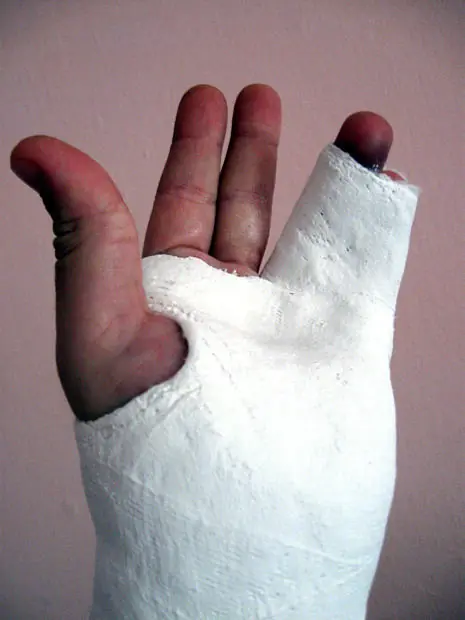
Personal Injury Case Evaluation
Personal Injury Case Evaluation Creative and Resourceful Case Evaluation and Investigation May Reveal Third-Party Liability for Workplace Incidents I’m Ed Smith, an experienced Sacramento Workers’…


Personal Injury Case Evaluation Creative and Resourceful Case Evaluation and Investigation May Reveal Third-Party Liability for Workplace Incidents I’m Ed Smith, an experienced Sacramento Workers’…

I’m Ed Smith, a Sacramento Workers’ Compensation Lawyer. When you are injured on the job in California, your employer is required by state law to…

How to Understand California Workers’ Compensation Law California workers’ compensation law is an incredibly complex and confusing area of law, especially for individuals who are…

How Compromise and Release Can Settle Your California Workers Compensation Case A workplace injury caused by an unexpected accident can have unfortunate and lasting consequences…

File a California Workers’ Compensation Claim in Court When you are injured at work, your employer is responsible under California law to help you…

Claim Stipulation and Award for California Workers’ Compensation Cases Under California workers’ compensation law, there are a variety of different types of agreements that you…

Epidemiology of Trauma According to the principles of medicine, trauma is a “disease” rather than an injury and, as such, is no different from malaria,…

Serious and willful misconduct In the California Worker’s Comp System, occasionally there will be serious and willful misconduct, either on the part of the employer…

Workplace Slip-and-Fall Injuries Have you ever had a slip-and-fall? I don’t know about you, but the first thing “I do” when I tumble is try…

Death benefits in California Workers comp system are awarded to temporarily or permanently injured employees who later die from the work injury. Dependents are also…

Workers Comp medical benefits in California are provided to any employee injured on the job so long as the medical treatment is reasonably necessary to…

Workers comp earnings replacement in Ca pays an injured worker for the time he loses time off due to an on the job injury up…

Workers Compensation Premiums in California are based on a classification scheme that consideres the dangers of a particular business or occupation as well as the…

There are many exclusions from workers’ comp coverage in California. Listed below are many of the exempt categories. An employer does not need to cover…